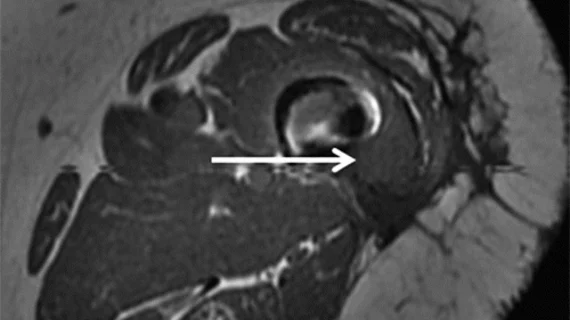Researcher awarded $40K grant for PET/MRI sarcoma research
David Shultz, MD, PhD, assistant professor of radiation oncology at the University of Toronto, was awarded the 2018 Hitachi Healthcare Americas/RSNA Research Seed Grant by the Radiological Society of North America (RSNA) Research & Education (R&E) Foundation and Hitachi Healthcare, according to an October RSNA press release.
The Hitachi Healthcare Americas/RSNA Research Seed Grant is a $40,000 award for a one-year project to test hypotheses and obtain pilot data for major grant applications.
Shultz and scientific advisor Patrick Veit-Haibach, MD, an associate professor of molecular imaging at the University of Toronto, will use fluoroazomycin arabinoside (FAZA) PET/MRI to identify hypoxic tumors in patients with localized high-risk sarcoma, according to the release.
They will also use a molecular probe for hypoxia called pimonidazole to validate the FAZA results and characterize the biologic features of hypoxic tumors.
“The ultimate goal of this work is to determine if hypoxia imaging with PET/MRI improves the management of sarcoma and to evaluate and characterize hypoxic mechanisms on a molecular level within clinical specimens,” according to the release. “Through these efforts, they seek to improve the ability to treat patients with high-risk sarcoma.”

